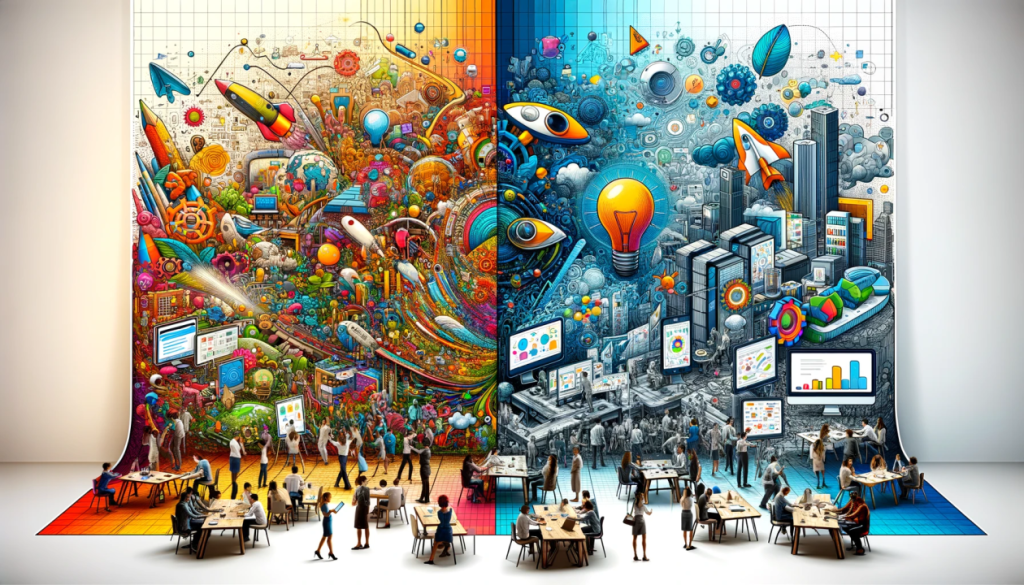OpenAI's GPT Store Ignites the Next Step in the AI Revolution

As an avid observer and participant in the ever-evolving world of AI, particularly in the context of healthcare and technology, I’ve been closely monitoring the recent unveiling of OpenAI’s GPT Store. This platform, which bears a resemblance to Apple’s App Store in its potential to revolutionize access and usage, represents a pivotal development in making advanced AI tools widely accessible.
In my own endeavors, crafting custom GPTs has been a journey of discovery and innovation. I have created a few that have been useful to me especially one that has been trained on all my writings. The OpenAI GPT Store amplifies the experience for everyone, offering a landscape where individuals and businesses can create, share, and potentially monetize their GPT models. This initiative further democratizes AI, transitioning it from a niche specialty to a widespread tool for creativity and problem-solving.
From a personal angle, the GPT Store is a game-changer. It’s not just about technology; it’s about enabling a new generation of AI creators including myself. Imagine the possibilities in healthcare – a custom GPT trained on medical literature could impact patient care and research, providing tailored information retrieval.
Professionally, this development opens uncharted territories for enhanced productivity and innovation. Businesses now can develop GPTs uniquely suited to their industry needs. The introduction of ChatGPT Team, catering to corporate use while ensuring data privacy, underscores the potential of AI in the professional realm.
However, this advancement isn’t without its challenges. The democratization of AI raises questions about competitive dynamics across various sectors. Those not leveraging AI across all aspects of their workflow might struggle to keep pace with AI-empowered competitors. The ease of creating GPTs could also lead to a saturated market, necessitating distinctiveness in GPT models.
Moreover, the GPT Store’s model sparks concerns about quality control and potential conflicts with established industry players over app distribution and monetization models. OpenAI’s independent approach could lead to friction with companies like Apple and Microsoft.
The launch of the OpenAI GPT Store indeed marks a significant milestone in the AI landscape. As someone who strives to be at the forefront of these shifts, I see this as a transformative moment that redefines problem-solving and innovation. The impact on productivity, creativity, and industry competition is vast, beckoning our attention and engagement as we navigate this new era of AI democratization. This is just the beginning.
Moreover, this development signals the onset of what can be likened to an arms race in the realm of AI. As competitors observe the successes and learn from the challenges of the OpenAI GPT Store, they will inevitably drive further change. This competitive environment is likely to accelerate the pace of innovation, leading to rapid advancements in AI capabilities and applications. In this dynamic context, staying informed and adaptable is crucial for anyone involved in technology and business, as each new development has the potential to significantly alter the competitive landscape. This continual evolution promises an exciting, albeit challenging, journey ahead in the world of AI.